Year of Orwell, a mysterious mountain kingdom, and the mind-bending effects of getting hench
Journalist Helen Lewis selects her top Substack reads this week
This week’s digest was curated by , a staff writer at The Atlantic and author of , a weekly roundup of links and mini-essays that goes out every Friday. Helen’s most popular posts include her obituary for Matthew Perry, an explanation of Keir Starmer’s most important personal quality, and her advice on how to write, which suggests having “one notebook to rule them all.” If you enjoy her recommendations, head over to The Bluestocking and subscribe.
Happy Indeterminate Day! That greeting is how I began the first edition of The Bluestocking on Substack, because it was May 2020 and life was a grim, monotonous WFH treadmill. (I remember feeling like I brushed my teeth a lot, but it was just that nothing happened in between the mornings and evenings to create any other memories.) Although I’m very happy working in the MSM, I’ve always loved having an independent newsletter as well; it’s somewhere I can try out more tentative thoughts, make interesting connections, and get feedback from thoughtful readers rather than drive-bys on social media.
Substack has introduced me to many writers who are happier tending their own little patches—writing about their niches with precision, wit, and love—than competing in the hot-take circus. Here are a few of my recent favourites, writing about everything from Himalayan kingdoms to getting “hench.”
LITERATURE
Confessions of a book reviewer
“I’m having an unofficial Year of Orwell, between judging the Orwell Prize for Journalism and making a six-part series for the BBC about him (and Kafka, the other 20th-century writer who gifted us with an adjective). Orwell Daily is a lovely use of Substack, finding the best pieces from his archive and making them available online”
—George Orwell via
inHe is a man of 35, but looks 50. He is bald, has varicose veins and wears spectacles, or would wear them if his only pair were not chronically lost. If things are normal with him he will be suffering from malnutrition, but if he has recently had a lucky streak he will be suffering from a hangover. At present it is half past eleven in the morning, and according to his schedule he should have started work two hours ago; but even if he had made any serious effort to start he would have been frustrated by the almost continuous ringing of the telephone bell, the yells of the baby, the rattle of an electric drill out in the street, and the heavy boots of his creditors clumping up and down the stairs. The most recent interruption was the arrival of the second post, which brought him two circulars and an income-tax demand printed in red.
THINKING BETTER
30 useful concepts
“Every few months, Gurwinder Bhogal publishes a list of concepts to help you think about the world, often putting a name to a half-formed thought you might have had. Are you aware of the Woozle effect? Do you need to grey-rock a narcissist in your life? Have you succumbed to package-deal ethics?”
—
inFinality Principle
One day you’ll do something for the last time and never know it. So, whether you’re watching a sunset or arguing with a friend, ask yourself: “What if this was the last time I experience this?” A sense of finality can turn even nuisances into miracles.
PODCAST
The sea change
“I first met Andy Mills when he produced the audio documentary The Witch Trials of J.K. Rowling, which took a step back from an incendiary topic and aimed to put it in all kinds of context. Reflector is his new podcast, and in the first episode he interviews Katie about effective, yet overlooked, treatments for alcohol addiction”
—
inMost Americans with a drinking problem never speak to their doctors about their drinking, and less than 6% of them receive any form of treatment whatsoever. Twelve-step programs like Alcoholics Anonymous remain at the heart of a majority of American rehab programs, even though their “success rate” (which has historically been very hard to study) hovers around the single digits, while there are more effective medical options available. Why?
Continue reading and listening
BRITISH POLITICS
We could be heroes
“Nerdy British political discussion has found a home on Substack, from polling academic ’s Swingometer to Labour commentator ’s Hard Thinking on the Soft Left, via former SpAd (special adviser) Sam Freedman, Scottish specialist Alex Massie, former Times of London columnist David Aaronovitch, feminist legends Julie Bindel and Suzanne Moore, train aficionado Jonn Elledge, and postcode-obsessed James O’Malley.
One of the subjects I’m always fascinated by is how you get people to change their minds—or even admit they were wrong. Tom Hamilton, who used to work for the Labour party, writes a newsletter that’s full of crunchy detail on how politics actually works, and in this post he looks at persuading politicians (and voters) to defect”
—
inThe current leadership and staff of the Labour Party have devoted an enormous amount of effort to trying to win over people who voted for the Conservatives in 2019. These include what Labour describes, enormously irritatingly, as “hero voters”: variously defined and often overdefined, but basically the kinds of people who probably voted Labour at least sometimes in the past but backed Brexit in 2016 and Boris Johnson in 2019, were unconvinced—to put it mildly—by Jeremy Corbyn, tend to be older and more socially conservative, tend not to have been to university, and live in Conservative-held seats that Labour needs to win.
FITNESS
I did a 20-squat programme, and you can too
“Sarah Ditum’s usual Substack beat is pop culture—she’s an expert on the horror decade that was the 2000s—but she is also the henchest person I know. This post, on some insane squat regime she cooked up to grow her bunda, illustrates one of the nicest things about having a newsletter: you can stray into whatever topics you like”
—
inOne storied variant of the programme dictates that you drink a gallon of milk a day while doing it. A gallon of milk is roughly 1,600 calories. For comparison, the NHS RDA is 2,000 for an average woman and 2,500 for a man. I mean, it is an off-putting quantity of milk. The theory is that, because your body is being stimulated to hypertrophy by the relentless squatting, most of these calories will be turned into muscle.
This probably does work, but I suspect that with the milk, as with the squatting, the unpleasantness is partly the point: you must push through something that becomes horrible by sheer virtue of its volume. The 20-squat programme is all about putting yourself under duress—mental as well as physical.
SCIENCE
Does depression exist?
“Social media is awash with terrible health and wellness advice, peddled by unqualified, self-interested influencers (who are often making money from selling supplements). So thank Darwin for The Studies Show, where a recovering academic and a science journalist look sceptically at health myths and popular delusions. Are you drinking enough water? Are vitamin D pills worth it? Is Ozempic going to wither you to a husk?”
—
and inSeveral previous episodes of The Studies Show have covered depression and treatments for it, but none have really considered what depression is. It’s time to do that. It turns out that some scientists have made serious critiques of the standard way of thinking about depression and argue that we need a revolution in the way we measure it.
In this episode of The Studies Show, Tom and Stuart take nothing for granted—they look into the idea of “latent variables”, read the studies critiquing the concept of a single, monolithic “depression”, and talk about what this all means for how we treat people with these often-terrible symptoms.
COSTUME
I was a teenage Frank-N-Furter
“Gia Milinovich spent her 20s working out how best to look like Tim Curry in The Rocky Horror Picture Show, creating costumes (and movements) that were eerily accurate so that she could ‘shadowcast’ along with the film. I love this kind of story—an obsession pursued for its own sake. As a bonus, Gia’s Substack empire just expanded with a new podcast, The Cluster F Theory, where she talks to Andy Nyman about ritual, Adam Rutherford about eugenics, and Francesca Stavrakopoulou about living with death”
—
Milinovich inRocky Horror was more than ‘a film’ for me. It was more than ‘putting on a show’. It was ‘an identity’. It was ‘my family’. It was ‘my community’. It was ‘my lifestyle’. It was ‘Me’. It gave me a grounding in creativity. I learned how to sew, make props, write, perform, direct... It taught me about the importance of preparation and discipline and practice. It was my apprenticeship, my scholarship, my university… my everything.
By mid-1992, I was experiencing the toxic side that is present in a lot of (all??) fandoms and was being bullied by a few fellow cast members. I made the difficult decision to leave the cast—the cast that I’d founded—and wasn’t sure where I would go or what I would or could do next. Then I saw an advert for an open audition for a TV presenter job. I decided to do it. There were nearly 1,000 people that turned up. I got the job. It was 100% down to Rocky Horror.
TRAVEL
In the hall of the dragon king
“Ned Donovan has a biography that makes me feel like the world’s most boring person—the grandson of Roald Dahl, he’s married to a Jordanian princess who speaks fluent Japanese. And his Substack has a similar swashbuckling air, including this brilliant piece about the still little-visited mountain kingdom of Bhutan”
—
inThe country only opened its borders to foreigners in 1974, to mark the coronation of the Fourth King, Jigme Singye Wangchuck. His Majesty saw the opportunity to take advantage of his accession to showcase Bhutan and its unique culture and traditions to the world but was also aware that unrestricted tourism would put those at risk. Over time, this developed into a vision known as “High Quality, Low Volume” tourism. All visitors must have a guide and driver and also pay a daily fee—currently $100. In 1974, 287 foreigners visited Bhutan, and in 2019 more than 70,000 fee-paying tourists came.
Recently launched
Welcoming
, host of On Being podcast, with :Coming soon
Congratulations to the following writers celebrating publication.
shares news of her latest book deal:Notes from our guest editor
Noteworthy
Inspired by the writers featured in Substack Reads? Writing on your own Substack is just a few clicks away:
Substack Reads is a weekly roundup of writing, ideas, art, and audio from the world of Substack. Posts are recommended by staff and readers, and this week’s digest was curated by journalist and edited from Substack’s U.K. outpost by Hannah Ray. You can follow Helen on Substack and subscribe to her publication The Bluestocking. You can also find her on Twitter.
Got a Substack post to recommend? Tell us about it in the comments.




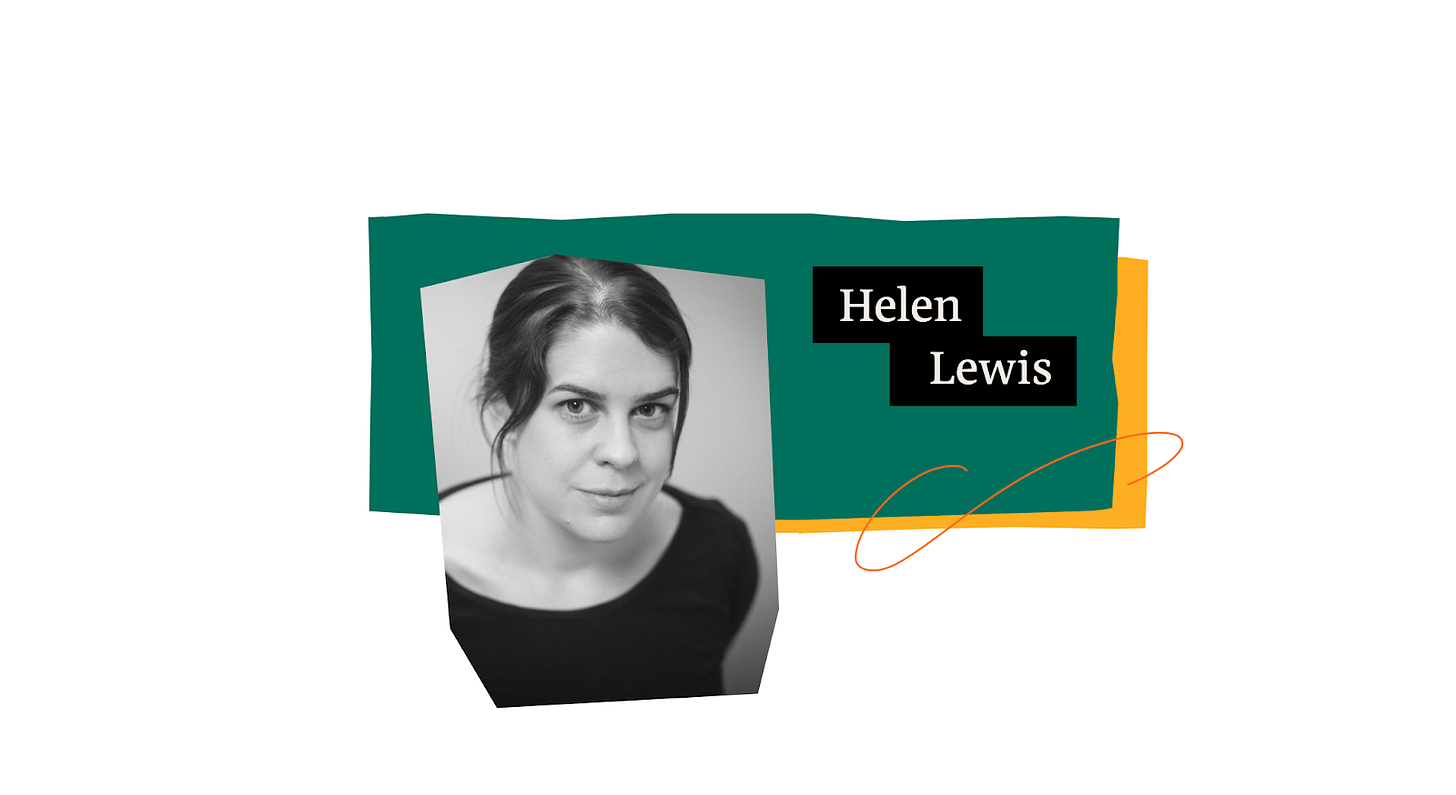

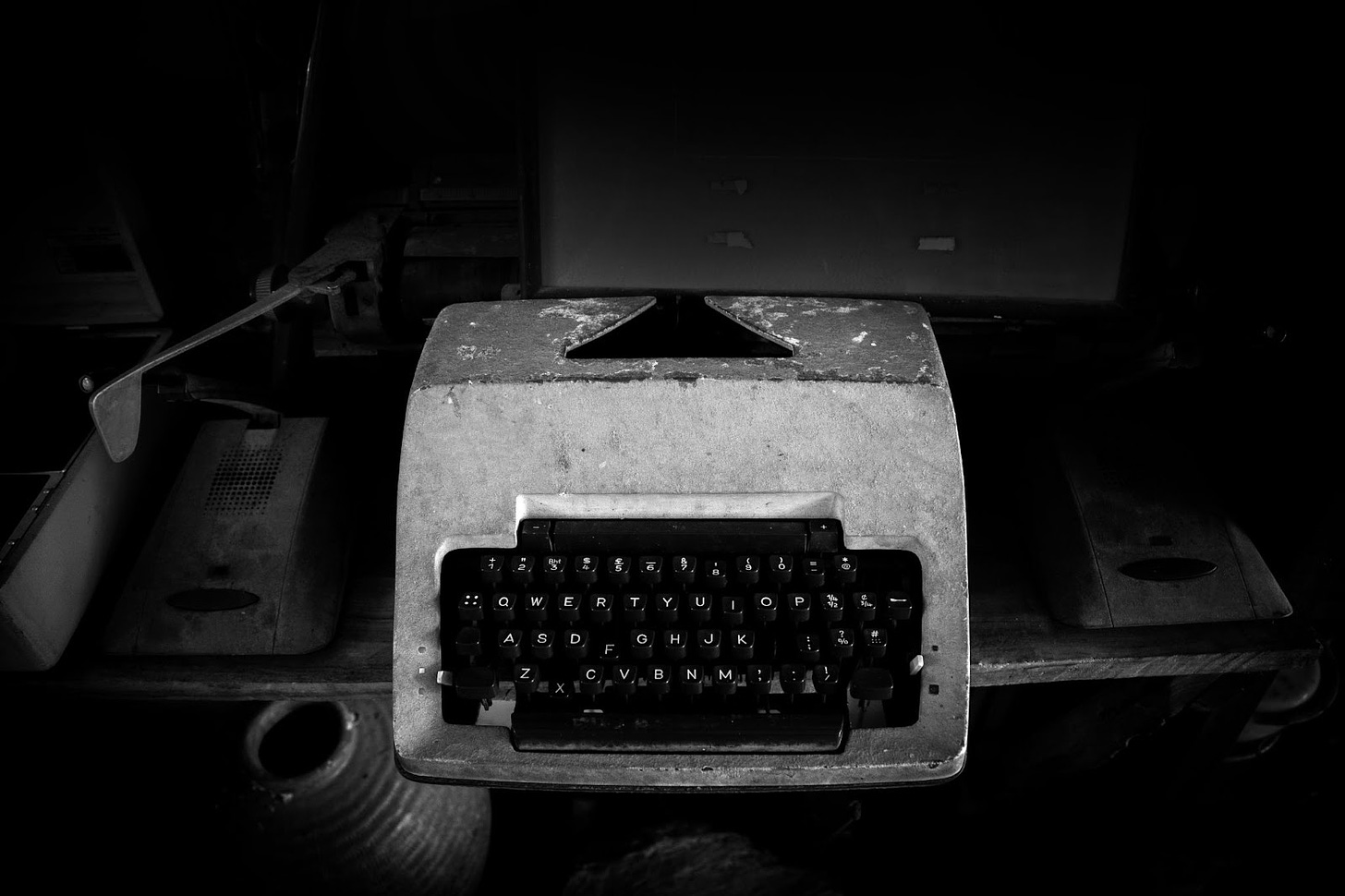

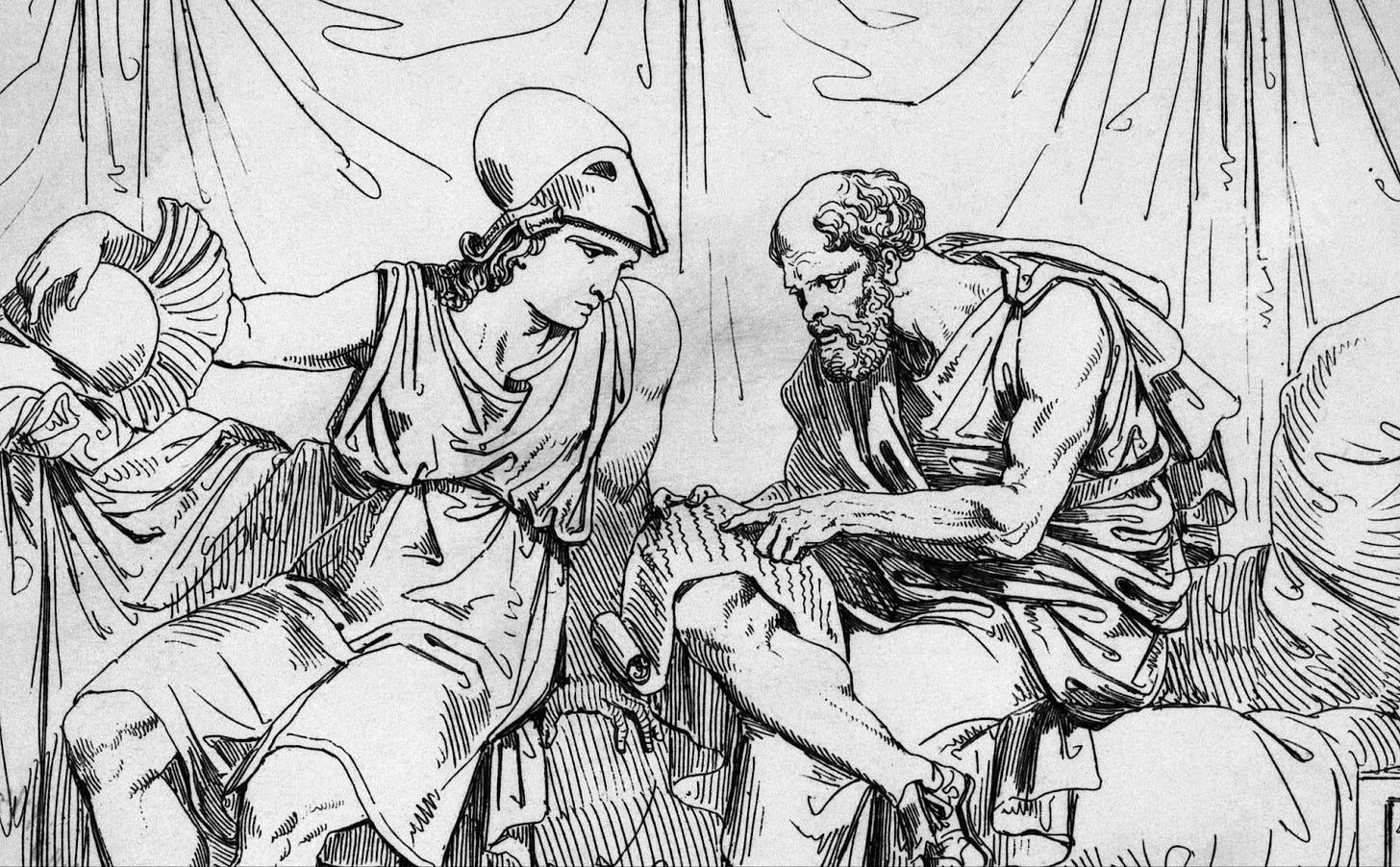

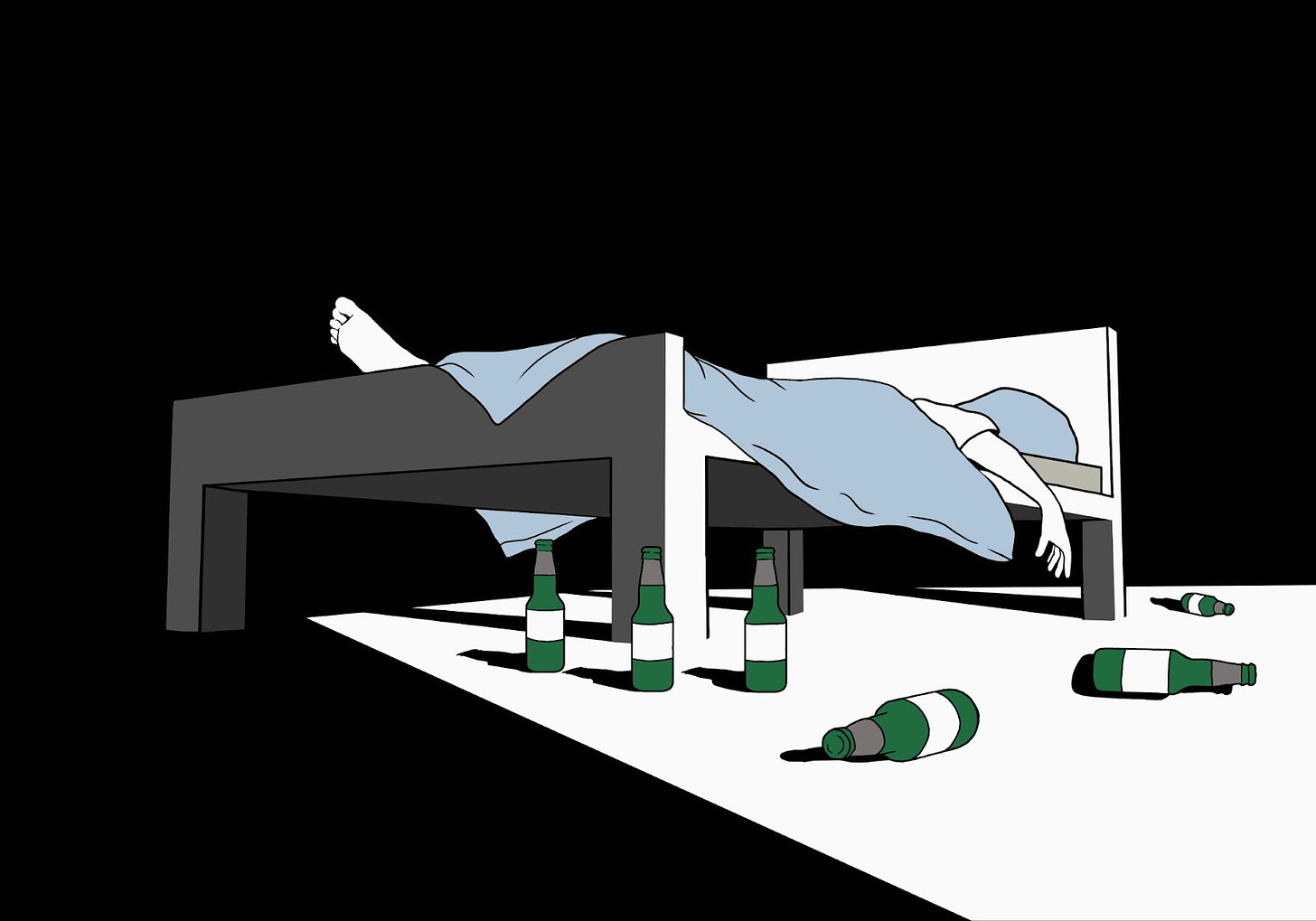



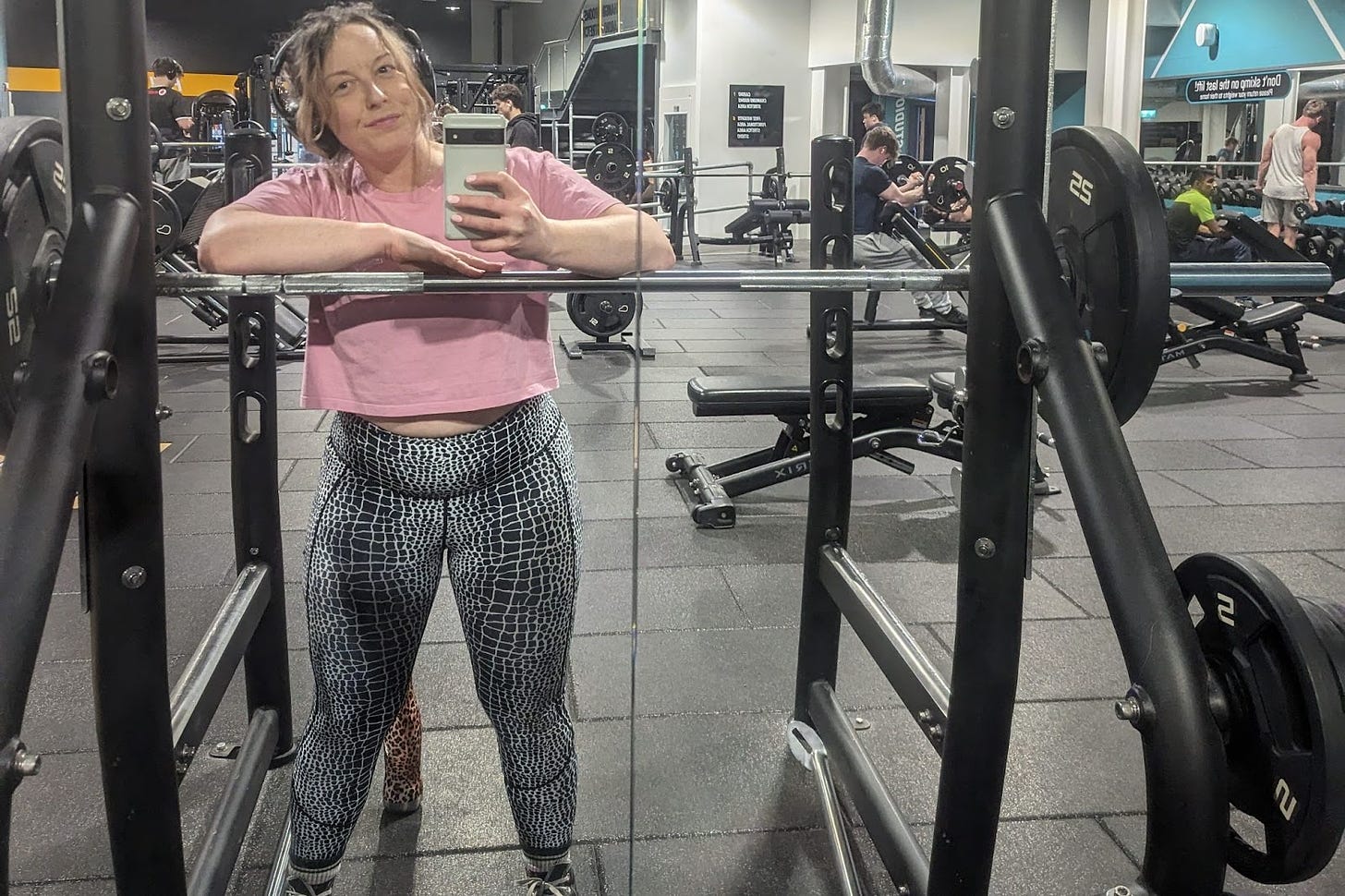








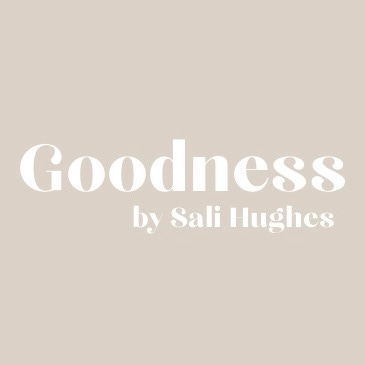
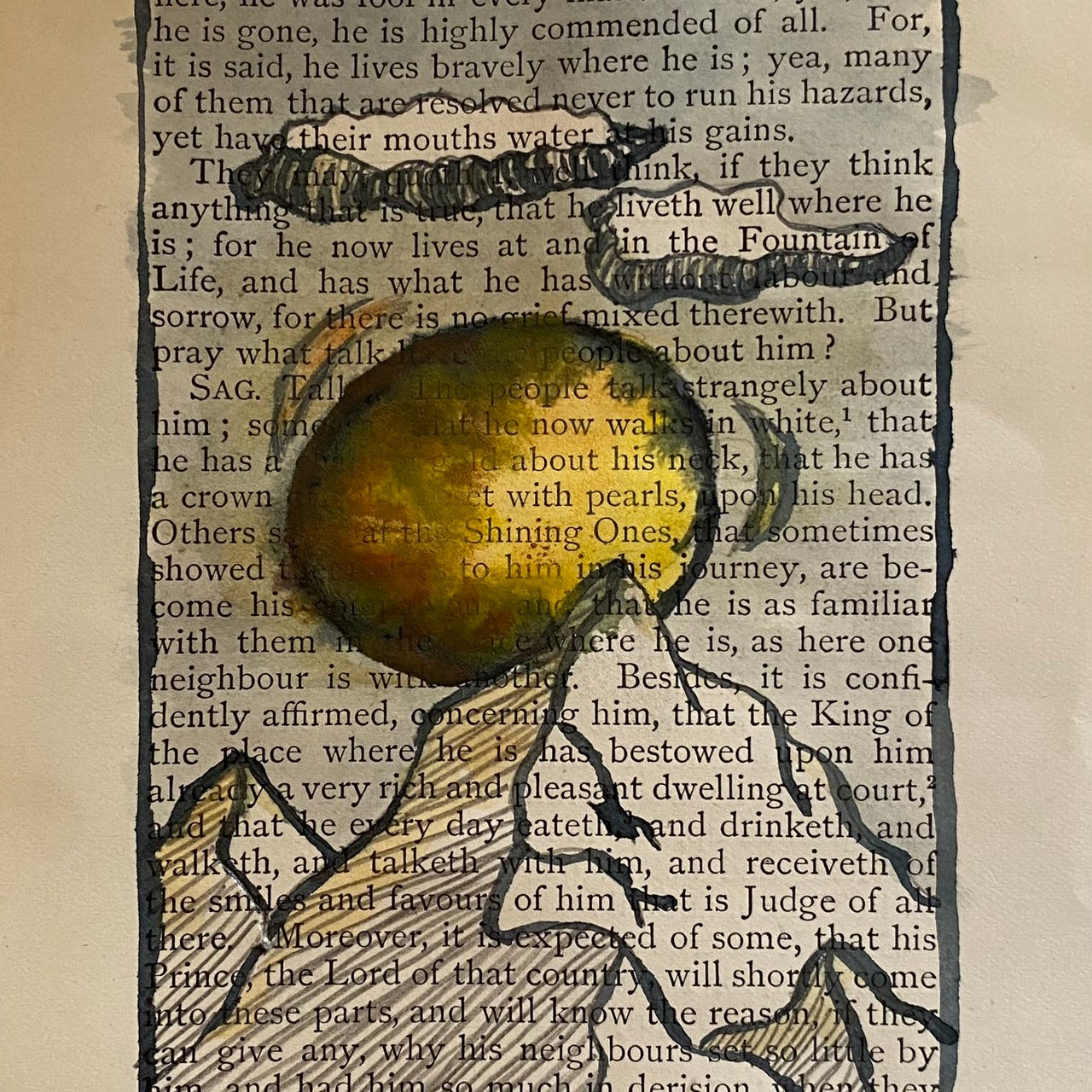
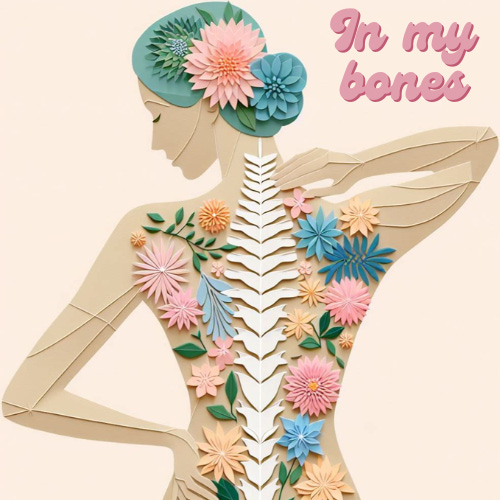
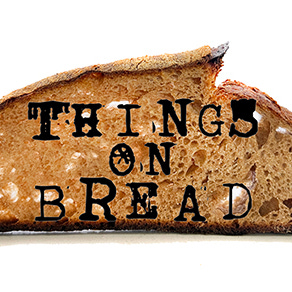

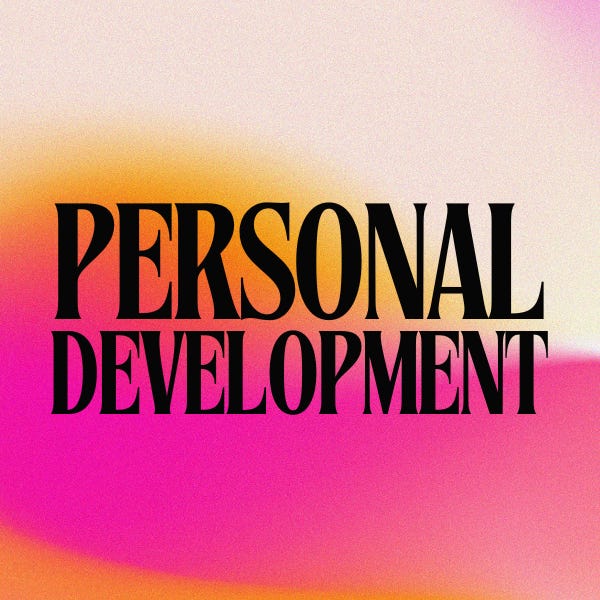


It's boring to see the same big names repeatedly here. I love this community, but we must work harder to promote the smaller publications. Those with large audiences or at the top of the "leaderboards" don't need more attention. They are already making money and gaining readers. Let's highlight some lesser-known publications and get them some attention to help their audiences grow. There is a great deal of fantastic talent on this platform. I know there was a call for submissions and there were so many great recommendations in that thread. Seeing the same big names repeatedly gets frustrating.
There’s my weekends reading sorted! I loved Nelly Bryce’s soft boy’ post.
And how did I not know Helen Lewis was on Substack? ❤️🔥😃